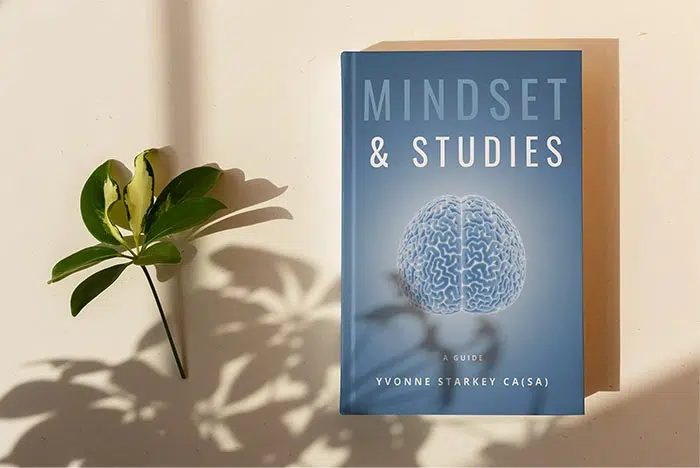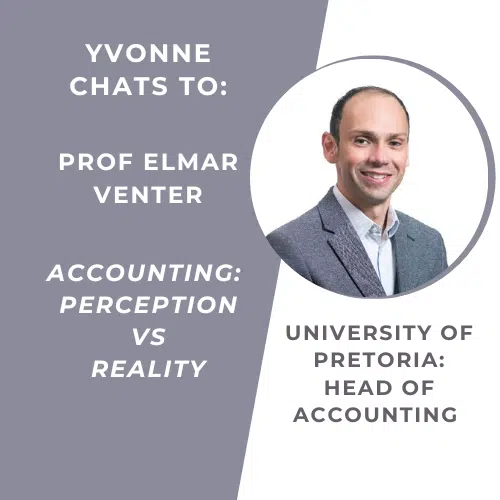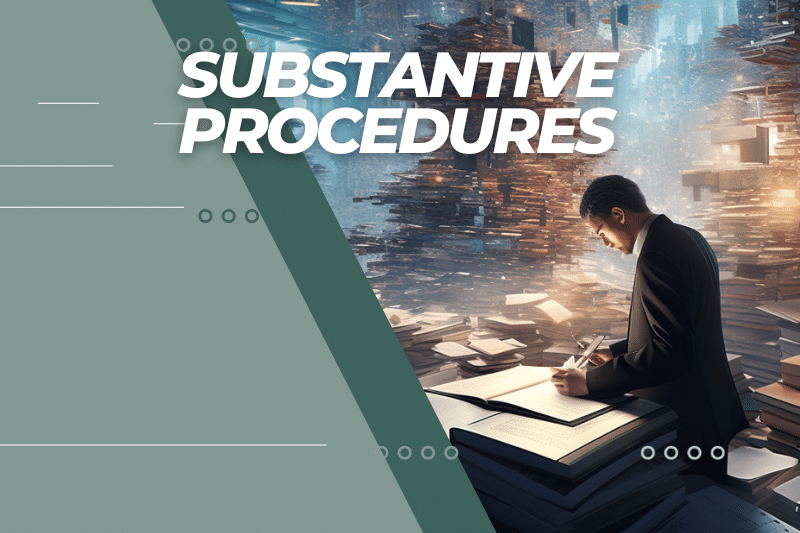Bad study advice nearly ruined my career. (Read here for that story!) Don’t let this be you as well!
Part of my discussions with students at all levels includes the things that they should be careful of when choosing their study and career paths. It’s exciting to have options and spend time deciding what to study and where you want to spend your future, just know that the more information you have before you make a decision, the better.
What can go wrong?
- You may have the wrong entrance criteria for the studies you want to enroll for
- You may study something in order to gain acceptance to further studies, only to find your studies aren’t recognised
- You may study something you think gives you certain qualifications, or is recognised at a certain level, when it’s actually not
- You may pay for studies that aren’t relevant for you or your further studies
- You may spend time studying something that doesn’t improve your employment in your desired field
One of the reasons I write this blog is to try pass on information I wish someone had told me along my study journey… so, based on my experiences, and the experiences of students I’ve dealt with over the years… here are a few pointers to be aware of.
Places or people that want your money… may tell you anything to get it!
This sounds really cynical, and I’m not saying that it applies to all places, but since you won’t know that until it’s too late… better be safe than sorry.
The motive to misrepresent details or mislead you, always increases if there’s money involved. This doesn’t have to be on purpose, or through malice… it could simply be that they may not take as much time to assess your situation as they should, or overlook certain details that may affect your study choices.
When gathering information about any of your decisions, always talk to as many people as possible. Even if that means talking to places you’re not planning on studying through. The more people you talk to, the more you can assess whether you’re getting consistent and accurate information. If possible, try to include objective opinions as well. Advice from places that aren’t in any way going to benefit financially from your decision can be very beneficial to you.
Other students’ situations may not be the same as yours… so their options might not be the same as yours
I see students giving study advice to others all the time. While it’s really helpful to get information from your peers, be careful of taking other students options and assuming the same apply to you.
There are many things that may impact your acceptance into academic institutions. Here are some
- Your school-leaving marks and subject choices
- If you’ve studied after school, the institution you’ve studied through may or may not be recognised by another institution
- Your age. Academic institutions often offer conditional exemptions to people over certain ages
- Work experience in a relevant field (not all academic institutions will do this)
So often, I see students (especially on social media) take advice from others, without realising how many other things could influence the outcome.
The amount of information out there doesn’t always mean that you’re going to get what you need
The internet and social media is great, because you have access to so much information that can be helpful for your decisions. This doesn’t mean that the information is always clear (sometimes it can confuse you more than clarify anything!)
Again, look at as many sites and bits of information as possible before making your decision. Phone, email, visit, read, ask for help to ensure you’re reading and understanding the information correctly.
Research, research, research
Students often ask me what they should study. When I ask them what they want to do with their studies, they’re not sure. They seem to want to collect studies like trophies, and then at the end, a career that suits their studies will ‘come around’.
Rather look at your career, try identify the types of fields you may want to work in. The more certain you are, the easier it is to identify studies that are relevant to your future.
You could also check out personnel agency websites, job offers etc… they can give you some good insight into the types of jobs you can get for different types of qualifications. Talk to recruitment agents, if you can. They may be able to give you some good advice too.
Academic institutions don’t always recognise studies from other institutions… REGARDLESS of NQF levels
Academic institutions often highlight the NQF levels of their studies. This is great, but understand that this is not the only criteria that other institutions will look at before accepting you.
Institutions will assess the qualifications of other institutions and either decide to recognise them, or not. This is regardless of the NQF level you’ve attained.
Don’t assume that an NQF level 5 from one place will get you accepted for NQF level 6 studies from another place (or even another NQF level 5!)
Ask if they have bridging courses if you land up in this position.
(Also… remember that “accepting your application”, doesn’t necessarily mean “you’re accepted”)
For Accounting studies… Maths will always be important
Yes, it’s something that a lot of students will prefer to avoid. It does, however, make your future finance studies SO much easier to get into!
There are a lot of students I know who have extended their studies by at least a year in order to make up for the fact that they don’t have Maths (Yes, I was one of them!)
Suffer through it as early as possible… it can save you effort later!
There is no one who cares about your future as much as you do… so don’t expect anyone else to take accountability for your decisions
No one else will take the time that you need to fully understand your situation and advise you. As much as others care, they’re not the ones who will live with your choices… you are.
You can never go wrong by spending more time researching and evaluating your decisions, speaking to as many people as possible, reading up, asking questions. You will either confirm your choices, refine them, or improve them.
Conclusion
I absolutely believe that you should study further, it can add so much value to your career and life. Your effort and belief in yourself will take you very far.
Make sure that you’re the one in control of your future!
Good luck!















3 Comments
Hi Yvonne
I am 41 years old and decided to apply for BCompt Accounting Science in Financial Accounting at UNISA. I love working with numbers although I’ve never worked in this field before so this is all very new to me. I would like some advice on the path forward for me. I am studying part time at the moment and was wondering if it won’t be better to start working at an accounting firm to start getting experience and maybe get the articles done. But how does “articles” work? Can I start now and do I have to apply at SAICA or SAIPA? Do I have to pay them a membership fee for doing articles? Do I have to do 5 years or 3 years since I am only a first year student? Please give me some guidelines on what my best options will be. I obviously want to complete the degree as soon as possible but I realise working full time will be harder.
Hi Sanet 🙂
I’m glad you’re looking for answers to all these questions. It really helps to make sure you’re aware of all the ins-and-outs of the path ahead of you. I’m sure you realise that there’s no real right or wrong answer to a lot of this, and what works for one person may not apply to someone else!
– Articles… I’ve written an article on articles (excuse the pun!)… take a read here. That should help a little in explaining the 3 year, 5 year thing. Also, I wrote one on why audit articles are important… read here.
– SAICA fees: You only pay once you’re qualified. When you work for a firm, they must be registered as a SAICA training centre. They will register you as a trainee with SAICA, so you don’t have to worry about that. (Just make sure that they are a SAICA-registered firm… I made that mistake and wasted two years of my life!)
– Doing articles now… it’s a tricky answer. Starting your degree now means you’ll finish articles, probably before you graduate. I still don’t really believe you can get the same value from articles if your technical knowledge isn’t on a higher level (even slightly!) than your work. It means you do your work on the basis of what other people tell you to do at work… and that can mean that you’re told WHAT and HOW to do things, instead of WHY you’re doing it. You don’t learn to apply professional judgment, because you can’t really decide whether you’re doing the right thing, you just have to follow orders!
– If you’ve never working in the finance / accounting industry, there can be a lot of value in working in commerce first. It can give you a really good indication of how to build and create financial information before you ‘check’ it. Not to mention, you’ll get a much better idea of whether you’re actually cut out for this, and whether it’s really what you want to do! (Also, your salary will probably be higher than starting articles… and that always helps!)
– Or, perhaps stay where you are while you do first year. Making too many hectic changes at once can be tricky. It might be good to get used to the studies and new subjects before you change your work. It means you’re comfortable with what you do during the day, and you can focus your energy on getting comfortable with your new subjects. Also, it will provide you with better accounting knowledge when you look for that job later 🙂 If you haven’t studied part time for a while… it can take a while to get ‘fit’… and used to the energy it takes to work a full day and then study afterwards, and balance out the rest of life’s responsibilities.
One thing that we forget as well, is that your accounting studies will always be worthwhile. No matter where you work, or what you do, knowing how the numbers and finance works for a company adds huge value to your work. We have so many people asking for training for their managers… “Finance for non-financial managers”… because even the marketing dept will get value from knowing what’s going on with the finance stuff. They start realising that their decisions will be more valuable if they understand the financial impact of what they’re doing. So, every bit of accounting studies you do will give you a great skill to take to work 🙂 and that’s pretty cool!
I hope this helps a little 🙂
Thank you Yvonne, I think you have pretty much convinced me to rather focus on my studies before I try to take on working full time and doing articles.